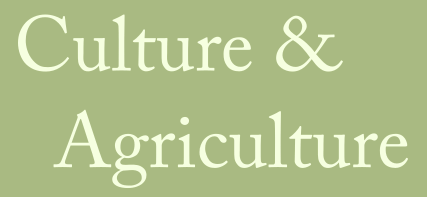MONSANTO GOES TO COURT
The big news today is that a California court awarded Dewayne Johnson $289 million in damages after he claimed Monsanto’s Roundup weedkiller caused his cancer (The Guardian). The case will now go through a multi-year appeals process, as Monsanto contests the damages. “[Johnson] said he hopes the case bolsters the thousands of similar lawsuits pending against the company and brings national attention to the issue.” 4,000 further cases are awaiting trial. This follows a decision in Brazil just a few days earlier suspending the use of glyphosate until the national government could conduct a reevaluation of glyphosate’s toxicity (Reuters).
Some other news stories over the past couple of weeks:
Modern Farmer tackles some of the fraud surrounding organic meat production in the United States. Problems range from feed importers fraudelently labelling their conventional feed crops as organic to a lack of USDA regulatory oversight over the 80 organic certification agencies. From the article: “Your chances of getting caught with a shipload of fake organic grain are next to nil,” Bobbe says. And should you get caught, the maximum fine per violation is $11,000—not much of a deterrent when millions can be made off a single shipment of fake organic corn.
La Via Campesina covers the growth of the Zero Budget Natural Farming (ZBNF), which eliminates small-scale farmers’ reliance on loans. “ZBNF is considered ‘zero budget’ because costs of raising the main crop are offset by the income that farmers earn from intercrops. This model ends reliance on purchased inputs and loans for farming, positioning itself as a solution to extreme indebtedness and suicides among Indian farmers.”
California Sun examines the increasing saltiness of land in California’s Central Valley. This process results from the addition of new salt from irrigation water and a lack of drainage to remove salt from the land. “As a result, farmers have increasingly switched to more salt-tolerant crops or simply left fields fallow. According to state figures, the amount of cropland taken out of production because of overly salty soil could fill an area the size of San Francisco eight times over. A much larger area has been impaired.”
The Guardian published a profile covering the risks monoculture cultivation poses to banana cultivation. Almost all bananas cultivated for export are a clone of the Cavendish cultivar. This eliminates any genetic diversity in the crop, leaving it especially susceptible to pests. Many outlets have covered the spread of one pest in particulatr, Fusarium wilt (commonly known as Panama Disease), and the impending demise of the Cavendish banana. The Guardian, on the other hand, profiles the steps farmers and researchers are taking to combat this pest.
In the audio below, DW interviews Alex Jones, director of the climate and environment division at the United Nations Food and Agriculture Organization, about current challenges to agriculture around the world due to climate change.
Check out the 05:33 min DW podcast by Sonya Angelica Diehn (July 26, 2018) here.
Climate change means that in many parts of the world, droughts are getting longer, more intense and more frequent. Alex Jones, director of the climate and environment division at the United Nations Food and Agriculture Organization, explains what that means for farmers around the world.
(Photo credit: Mike Mozart from Flickr)

